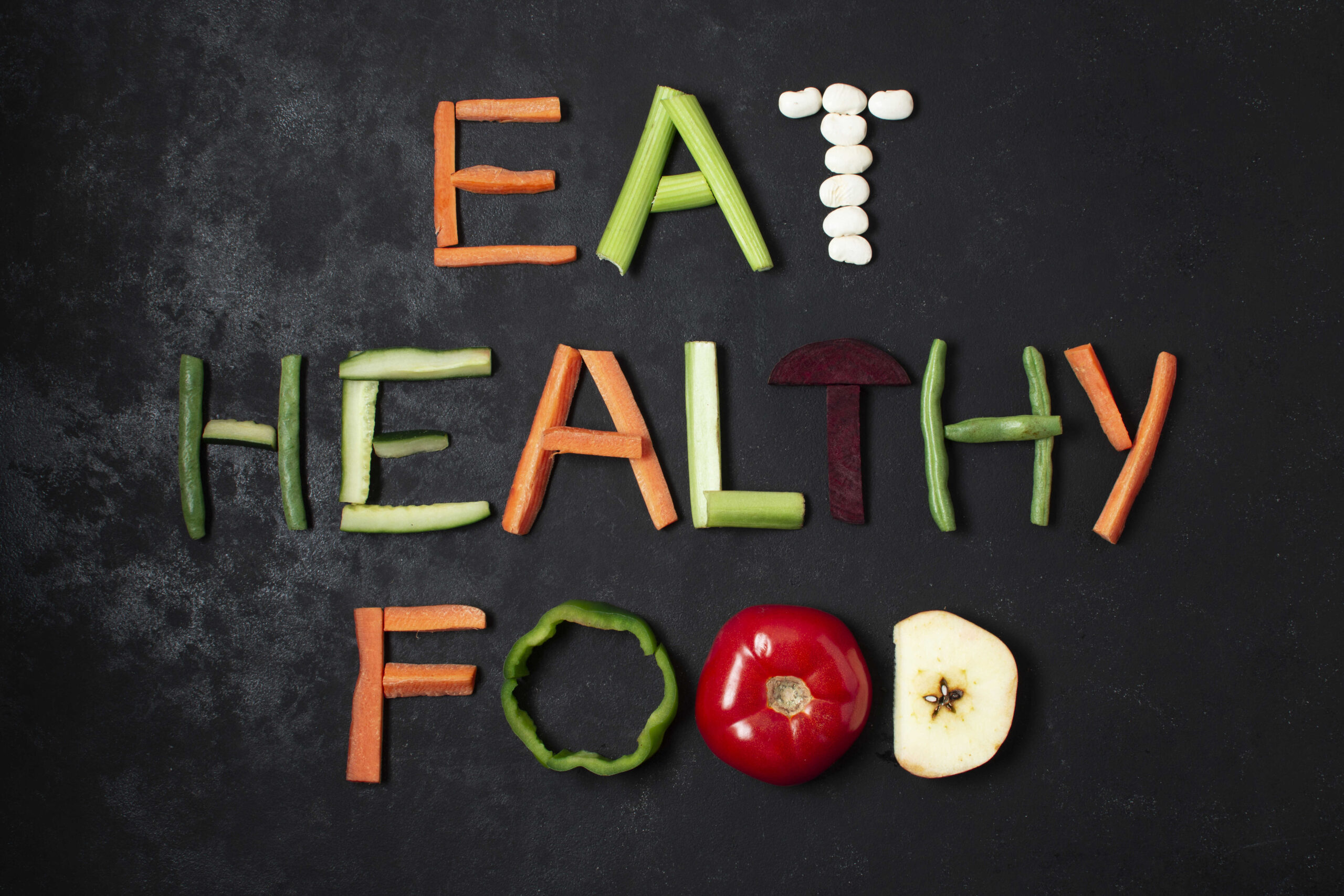Eating healthy is one of the most important things you can do for your body. A balanced diet is essential for maintaining good health, and it can also help prevent chronic diseases such as heart disease, diabetes, and cancer. However, with so much conflicting information out there, it can be challenging to know where to start. In this post, we’ll give you some tips and tricks for healthy eating, so you can build a balanced diet and improve your health.
- Focus on Whole Foods
One of the best things you can do for your health is to eat whole, unprocessed foods. These foods are typically nutrient-dense and contain all the vitamins, minerals, and other essential nutrients your body needs. Examples of whole foods include fruits, vegetables, whole grains, lean proteins, and healthy fats.
Processed foods, on the other hand, are often high in calories, sugar, and unhealthy fats, and they’re typically low in nutrients. Examples of processed foods include sugary drinks, chips, cookies, and fast food.
- Plan Your Meals
Meal planning is an essential part of healthy eating. When you plan your meals, you’re more likely to make healthy choices and avoid impulse eating. To get started with meal planning, take some time to research healthy recipes and create a shopping list. You can also prep some meals in advance to make mealtime easier during the week.
- Practice Portion Control
Portion control is another important aspect of healthy eating. Even healthy foods can be high in calories, so it’s essential to pay attention to portion sizes. Use measuring cups and a food scale to ensure you’re eating the right amount of each food group.
- Don’t Skip Meals
Skipping meals can lead to overeating and poor food choices later in the day. It’s essential to eat regular meals and snacks throughout the day to maintain your energy levels and keep your metabolism running smoothly.
- Drink Plenty of Water
Drinking plenty of water is crucial for overall health. Water helps flush toxins from the body, aids in digestion, and can help you feel full and satisfied between meals. Aim to drink at least eight cups of water per day, and more if you’re active or live in a hot climate.
- Limit Your Intake of Sugar and Processed Foods
As mentioned earlier, processed foods and sugary drinks are typically high in calories and low in nutrients. These foods can also lead to weight gain, inflammation, and chronic diseases. Limit your intake of these foods and opt for whole, nutrient-dense foods instead.
- Find Healthy Alternatives to Your Favorite Foods
Eating healthy doesn’t mean you have to give up your favorite foods altogether. Instead, find healthier alternatives that still satisfy your cravings. For example, you can swap out regular pasta for zucchini noodles or spaghetti squash, or use Greek yogurt instead of sour cream.
- Get Plenty of Protein
Protein is an essential nutrient that helps build and repair tissues in the body. It’s also important for maintaining muscle mass and keeping you feeling full and satisfied. Good sources of protein include lean meats, fish, poultry, beans, lentils, and tofu.













